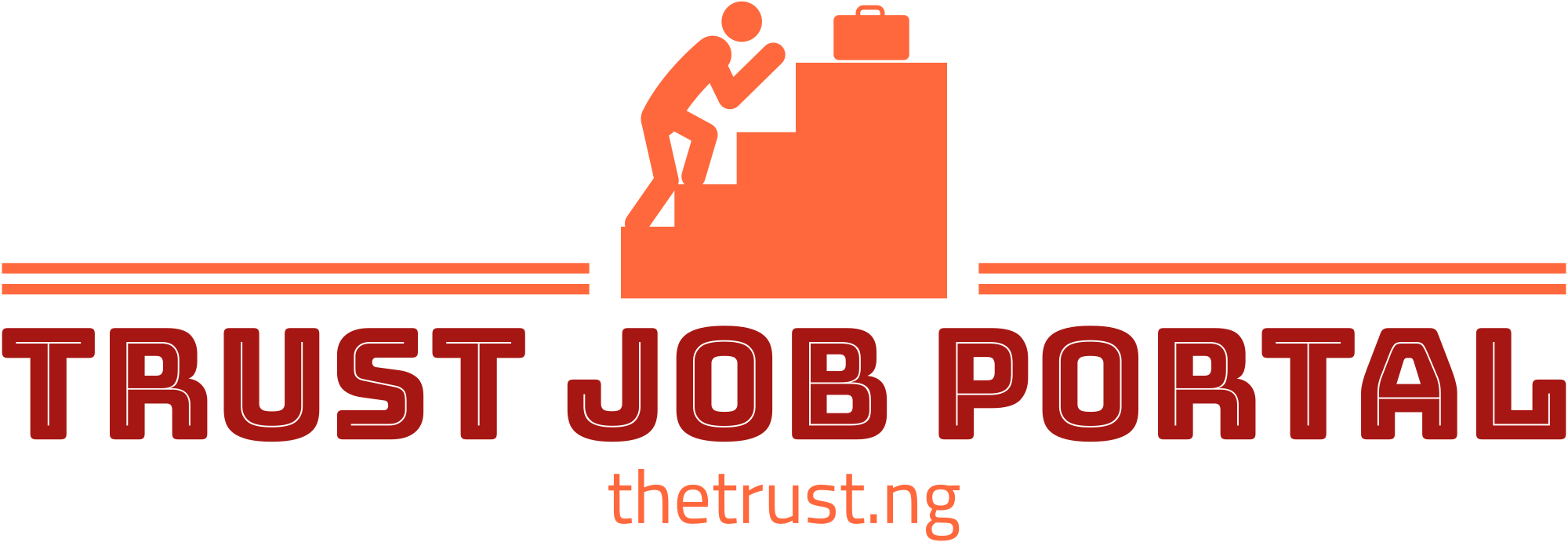The UK job market can be highly competitive, and timing can also play a crucial role in the success of your job application!
Some months are busier for students, graduates, and experienced professionals, and there are quieter months. If you understand the timing, you can have a more planned approach to your job application.
In this article, we explain the best time to find jobs in the UK, the months to avoid when looking for a job, and the tips for applying at the right time.
Best Months to Find a Job in the UK
January
Following the holiday season, hiring managers return to work ready to fill open positions. The first few weeks of January are generally still slow as people return from vacation, but positions are often posted during this month.
You should anticipate submitting applications in January but may not hear from hiring managers until later.
February
February is a peak hiring time! Jobs are posted in January, and hiring managers often begin interviewing top candidates in February. The hiring process may need to be faster because companies have the time and resources to select the best candidate.
Therefore, February is the month to put the most effort into your application and to communicate with companies you are interested in working for.
March
March functions much like February in the hiring process. There are usually open positions from the start of the year, and hiring managers are interested in putting the best people into those roles.
April
April is often when hiring managers feel more urgency in the hiring process. If they still need to fill a position posted at the start of the year, they will begin working harder and faster to find a qualified candidate.
April is a great time to make follow-up calls or put in new applications for jobs that have been open for a while.
May
May is when most colleges and universities hold graduation. This makes the month a top hiring month for companies interested in acquiring the best new talent straight out of school.
If you are already a member of the workforce looking for a new position, you can use this prime hiring time to your advantage before the slow hiring months of summer arrive.
September
September is a time of renewed vigor for hiring managers. Following the summer months full of vacations and slow hiring, companies are eager to fill open positions before the end of the year.
Some companies may face vacancies from early-season hires who leave after only a few months.
October
Much like April and May, October is an urgent hiring time. Hiring managers want to fill open positions before the holiday season begins and before critical employees in the hiring process are on vacation.
In addition, this is the last opportunity hiring managers have to fill positions before the new year.
Months to Avoid When Finding a Job
June
After a strong hiring season in the year’s first half, job seekers may begin seeing fewer opportunities in June. Budgets are often tight at this time of year as companies adjust spending going into the third fiscal quarter. Many companies wait for new hires until after the slower summer months.
July
July is traditionally a prolonged hiring month. Many employees take vacations during July, so hiring may be put on hold while key decision-makers are out of the office.
The third fiscal quarter also begins this month, so companies might wait to make new hires until they see how their finances will look in the year’s second half.
August
August can be a turning point for some hiring managers. Like January, some companies may begin posting jobs toward the end of August, but interviews and hiring decisions are rarely done during August. Many people are still on vacation this month, which can stall hiring.
November
After the fall hiring frenzy, companies demonstrate a hiring stall in November. Often, positions have already been filled during fall hiring, and companies are reticent to make any hires before the holiday season.
December
Traditionally, December is the worst month to hire people. Employers wait to start recruiting choices until they have budgets after the new year.
Decision-making is also impacted because people typically take time off from work over the holidays. Many businesses halt hiring in December and wait to make any choices about new hires until the following year.
Tips to Apply for Jobs at the Right Time
Knowing when to apply for a position can significantly influence your chances of receiving an interview and job offer. Use these additional tips to help your next job search be a success:
Revamp Your Resume
Keep your resume updated and ready if you find a marvelous job posting outside peak hiring months. Save time reformatting and editing your resume and apply quickly to great opportunities.
Acquire New Skills
Use the slow hiring months to gain new skills and experience. Take a class or earn a new certification in your field. Volunteer or intern with a company you are interested in working for full-time.
These skills and experiences can help you find a fantastic job when the hiring season returns.
Keep Searching
Just because some months are traditionally slower for hiring than others does not mean no jobs are posted during those times. Keep looking for a position during the off months. You may find a position you would not have seen otherwise.
Know the Exceptions
Not all industries follow the traditional hiring patterns. Teachers, for example, are often hired during the summer months once school administrators know who is or is not returning.
Accountants are usually employed during December in preparation for tax season at the start of the year. Understand the hiring patterns for your industry.
Networking
Use the slow hiring months to network. Attend conferences or communicate with those in your industry online. Build connections to help you find a position once the hiring season returns.
Assess the Economy
Depending on the economy, hiring may follow a relatively consistent seasonal pattern. Use hiring tools to assess current job conditions and plan your job search accordingly.
What are the Benefits of Working in the UK?
Financial Improvement
One significant advantage of working in the United Kingdom is earning in pounds. Considering the high exchange rate of the British pound, if you are earning a decent salary, you will have a better quality of life and the chance to earn more than you can in your home country.
Opportunity to Obtain Permanent Residency
You can apply for UK permanent residency if you have worked in the UK for at least five years. A permanent residency allows you to live and work anywhere in the UK without requiring a visa.
With a permanent residency, you can bring your family to stay with you in the UK.
Healthcare and Education Facilities
In the UK, healthcare and educational institutions offer free medical and educational services. Immigrants may take advantage of unique health plans to access the best form of emergency or medical treatment without paying much or availing of subsidized rates.
In addition, there are several reputed schools and universities where people can continue to learn for free.
Social Security Benefits
In the United Kingdom, employees are offered five significant social security benefits. These include:
- National Insurance (NI): This benefit provides financial assistance to employees in case of sickness, unemployment, death of a partner, or retirement, among other things. Those who pay National Insurance contributions are eligible for these benefits.
- National Health Service (NHS) provides medical, optical, and dental treatment. It is generally free for residents in the UK.
- Child Benefit and Child Tax Credit: This scheme provides cash benefits for people who are raising children.
- Non-contributory Benefits: This is for certain disabled people or careers.
- Other statutory payments made by employers to employees: These include maternity, paternity, adoption leave, etc.
To benefit from these advantages, you will need a social security number or the National Insurance number you will obtain when you pay the National Insurance (NI) contributions.
With this, you will be eligible for significant NI benefits such as pensions or insurance if you lose your job or fall sick. The other benefits of NI are:
- Employment and Support Allowance (ESA)
- Income Support
- Housing Benefit
- Council Tax Support/Reduction
- Personal Independence Payment (PIP)
- Disability Living Allowance (DLA)
Conclusion
Only a few days and months work best for getting a job interview, even though some have historically worked better than others. It is only possible to predict when your efforts will be most fruitful because hiring managers may check applications at different times.
Remember that you might be more critical than the precise day and time in the future. If you start looking for the ideal fit for your future position earlier and put in more preparation, you might discover it more quickly.





